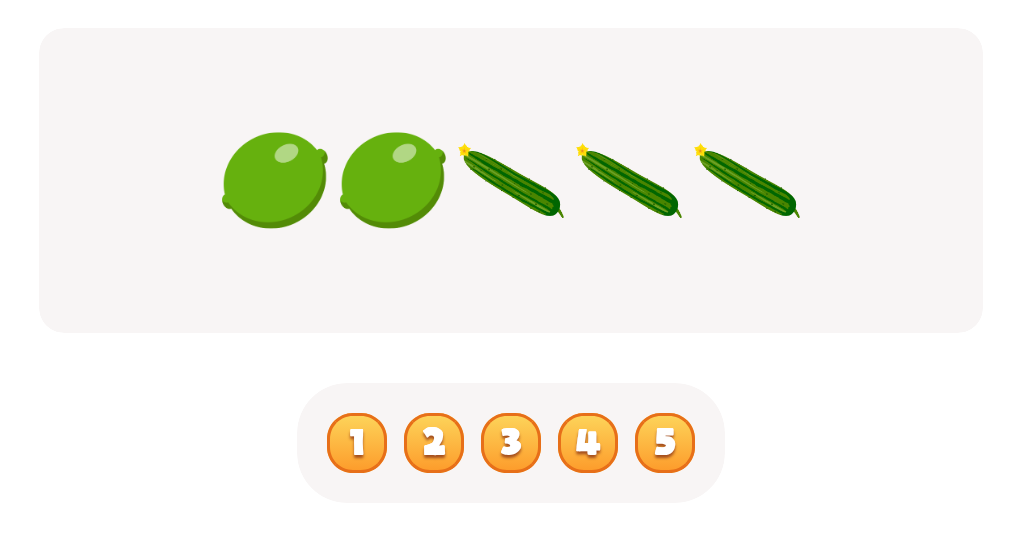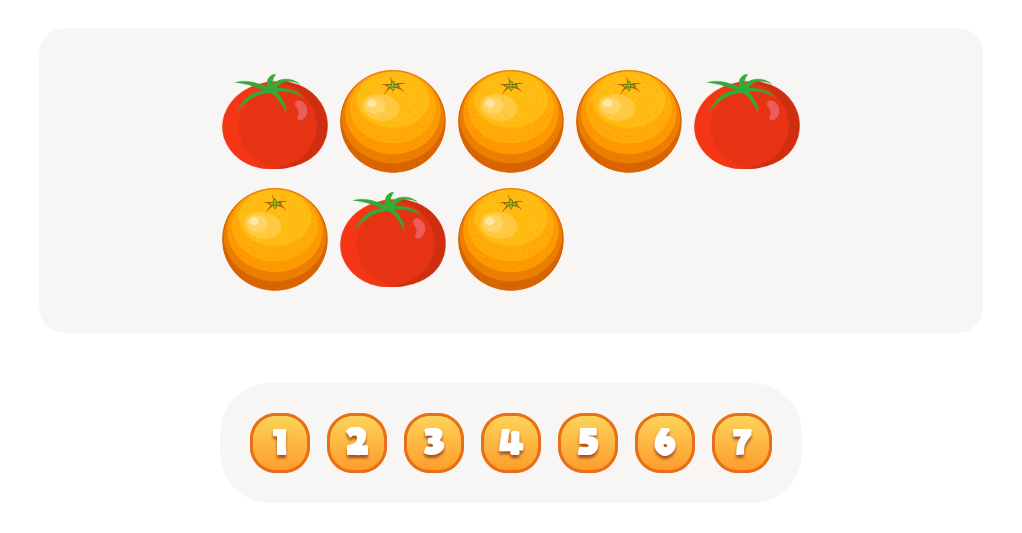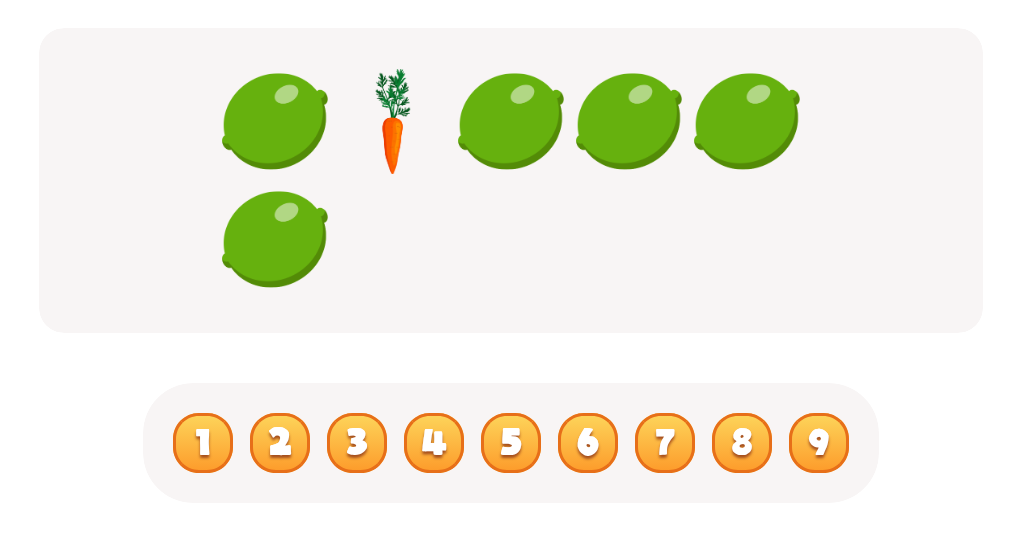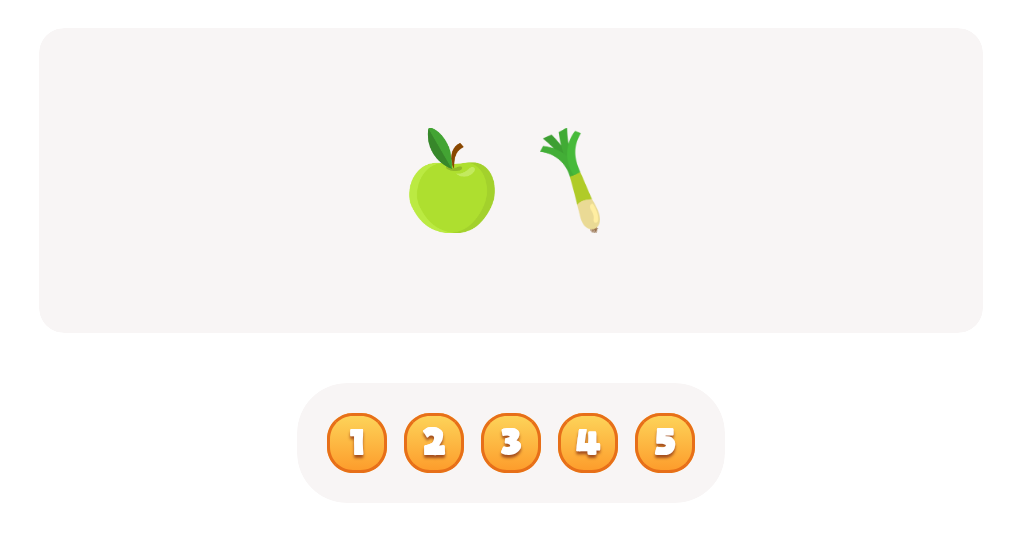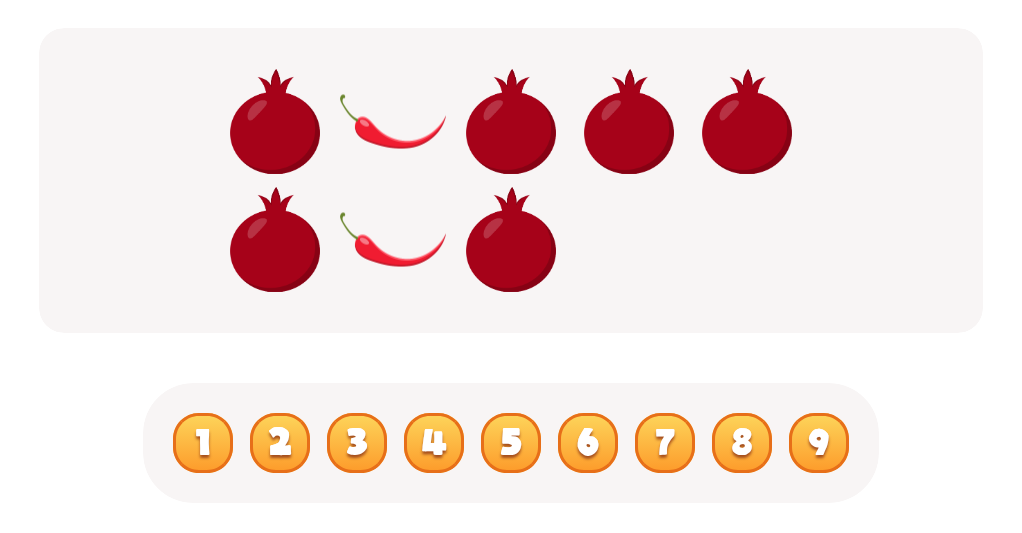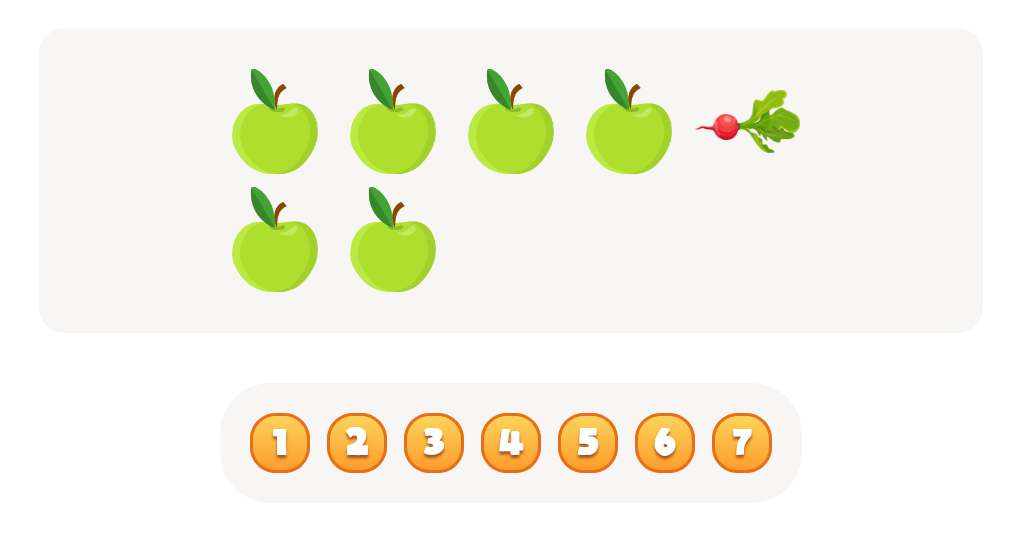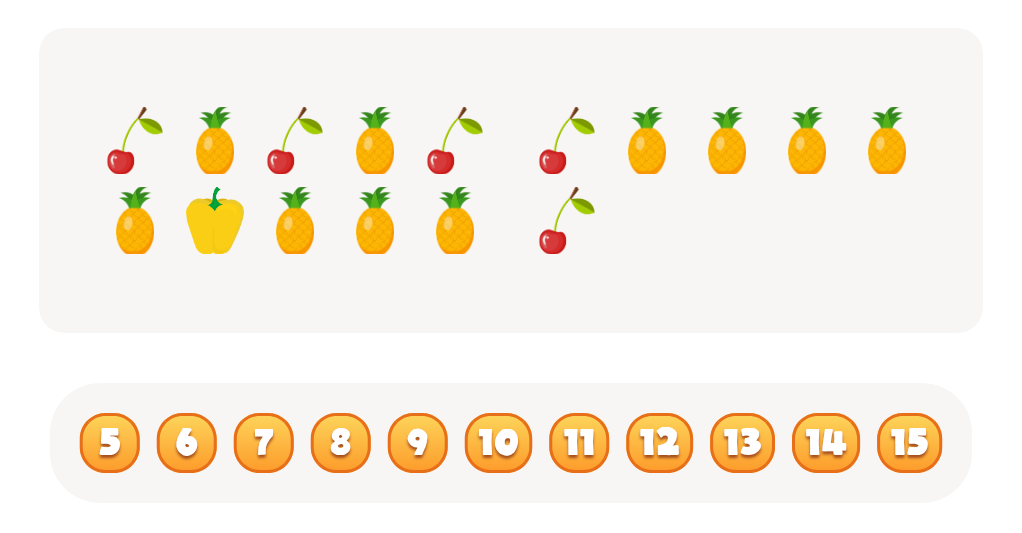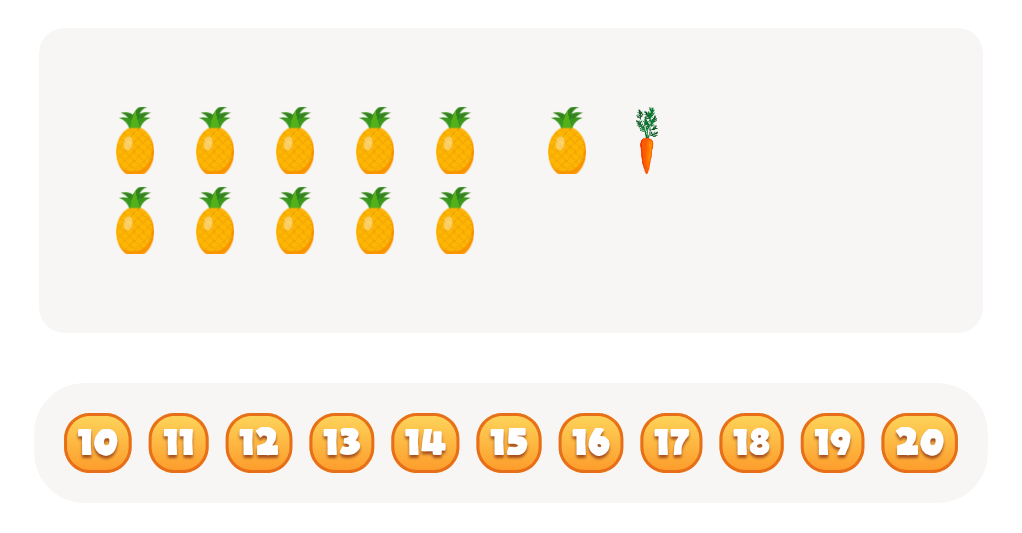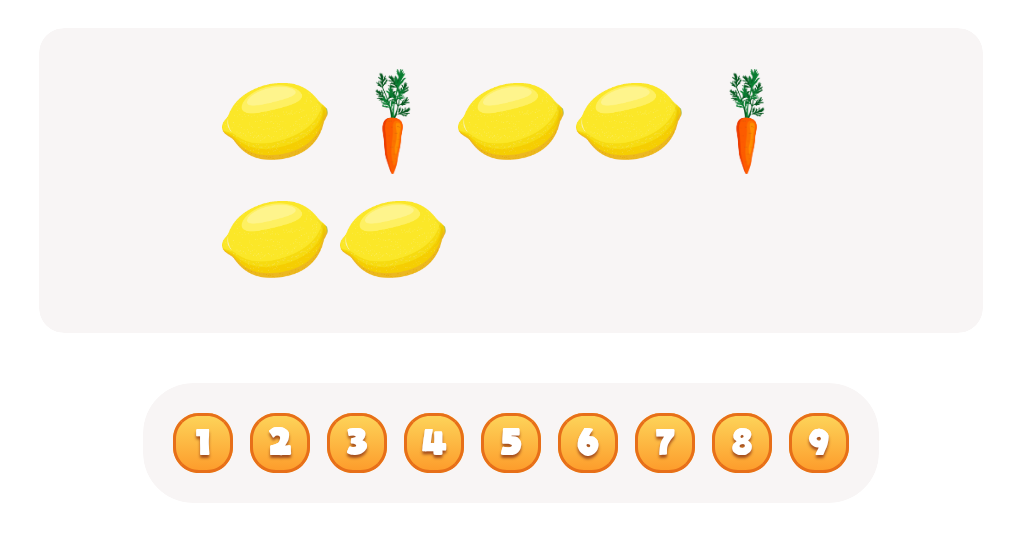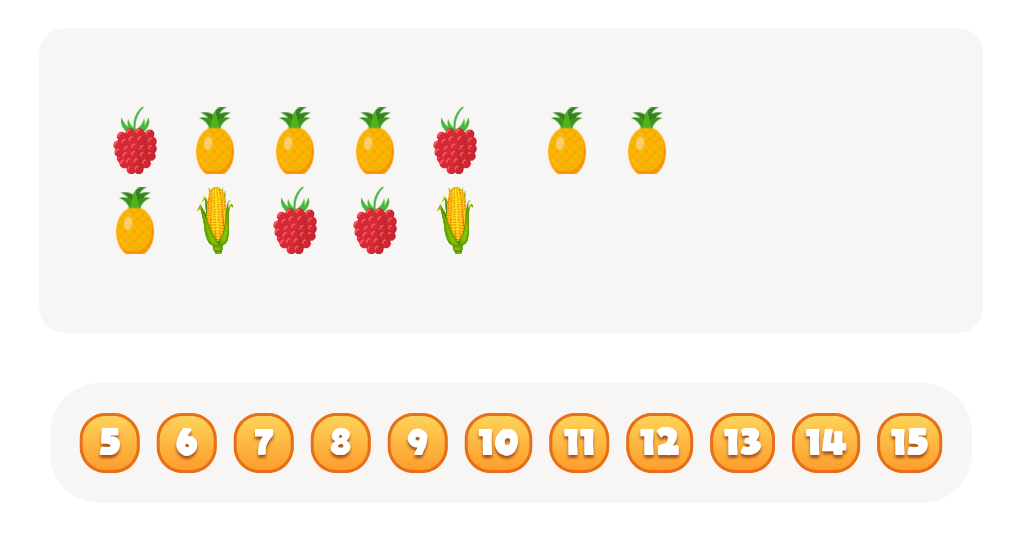Learning about ecosystems Plants and Animals Worksheets for Ages 5-9
4 filtered results
-
From - To
Discover our engaging worksheets on ecosystems, designed specifically for kids ages 5-9! Our "Learning about Ecosystems: Plants and Animals Worksheets" provide a fun and interactive way for young learners to explore the amazing world of ecosystems. Children will delve into the relationships between plants and animals, uncovering how they coexist and support one another in diverse habitats. These educational resources boost essential skills like critical thinking, problem-solving, and observation, making science both accessible and enjoyable. Ideal for classrooms or homeschooling, our worksheets promise a hands-on approach to learning that will inspire a lifelong love of nature and the environment.


Pollinator Positions Worksheet
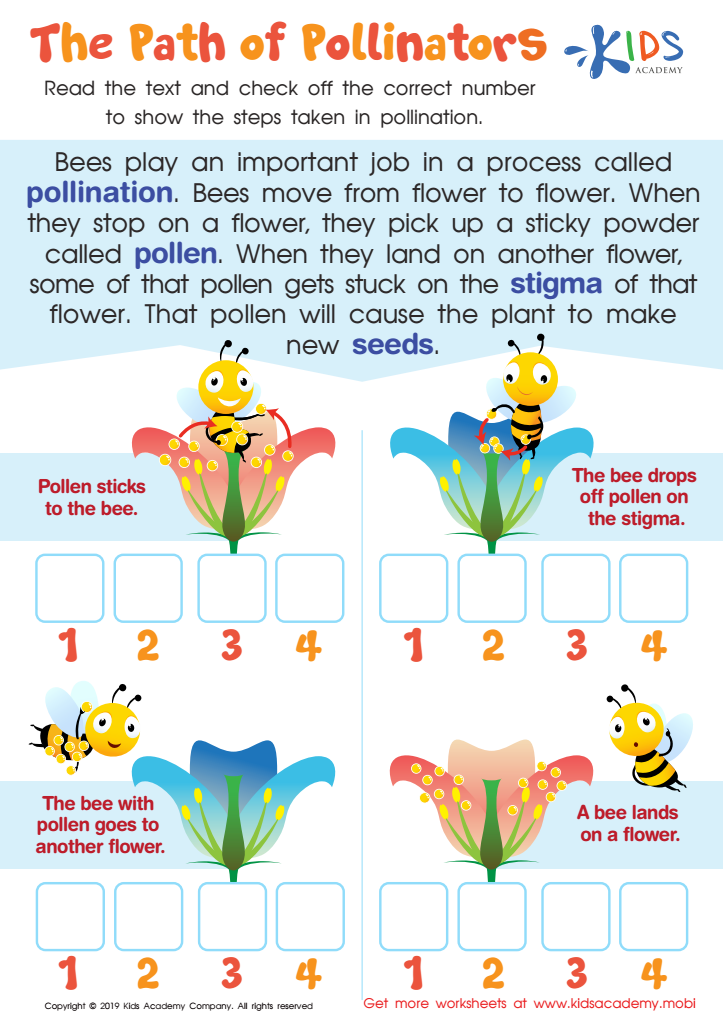

The Path of Pollinators Worksheet
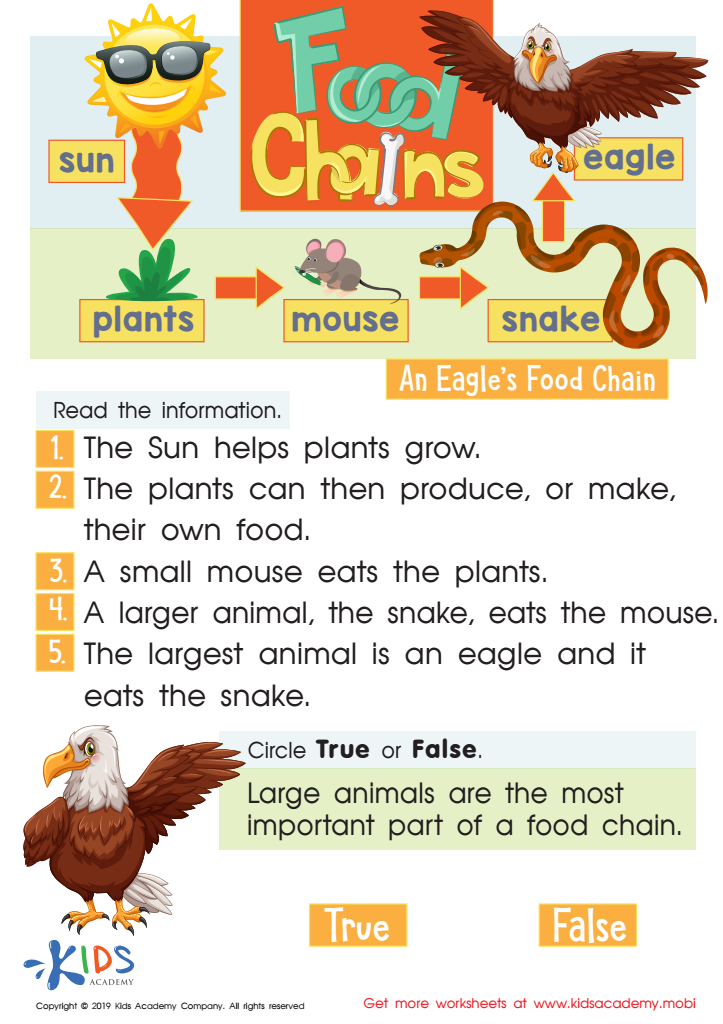

Food Chains Worksheet
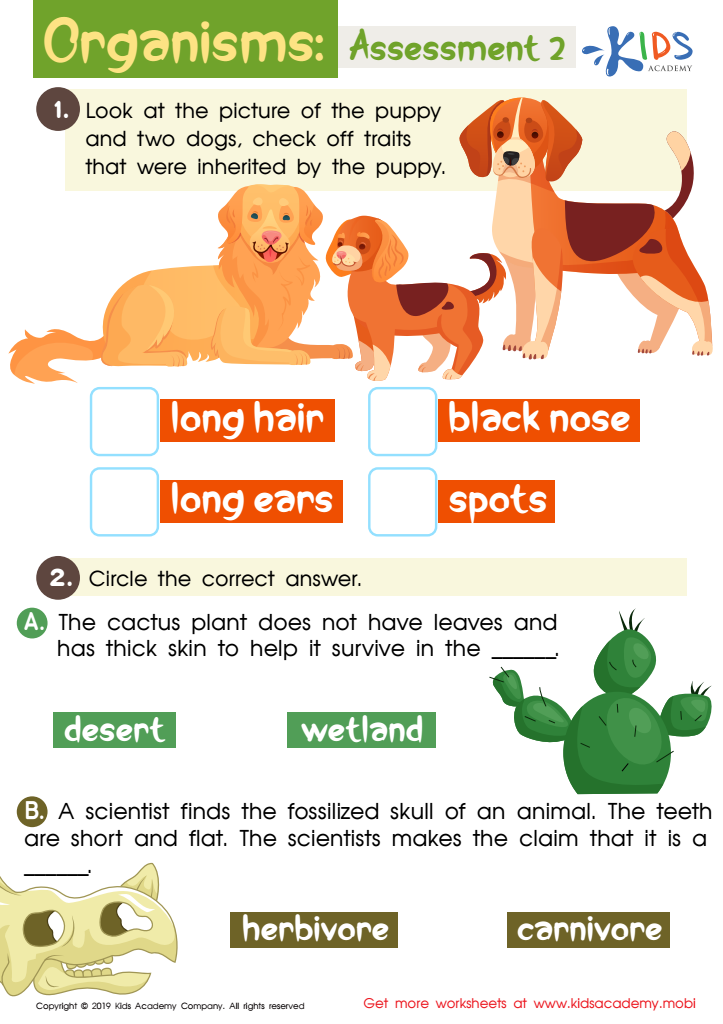

Organisms: Assessment 2 Worksheet
Parents and teachers should care about teaching children aged 5-9 about ecosystems, plants, and animals because it lays a foundational understanding of the natural world and fosters a sense of curiosity and respect for life. At this formative age, children are incredibly receptive to new concepts and are developing their attitudes towards the environment.
Learning about ecosystems helps children understand the interdependencies between living and non-living elements. This kind of education nurtures ecological awareness, making them more likely to appreciate and protect the natural world as they grow older. By understanding concepts such as food chains, habitats, and biodiversity, children begin to see how plants, animals, and humans are all interconnected.
Engaging with this subject also supports cognitive and sensory development. Activities like observing insects in a garden or planting seeds enhance fine motor skills and problem-solving abilities. Moreover, outdoor learning can boost physical activity and improve mental well-being.
Introducing these environmental concepts early helps cultivate informed, responsible citizens who are conscious of their ecological footprint. It aligns with global educational goals of creating more sustainable societies for future generations. Hence, instilling this knowledge early on is pivotal for a child's holistic development and the health of our planet.
 Assign to My Students
Assign to My Students
